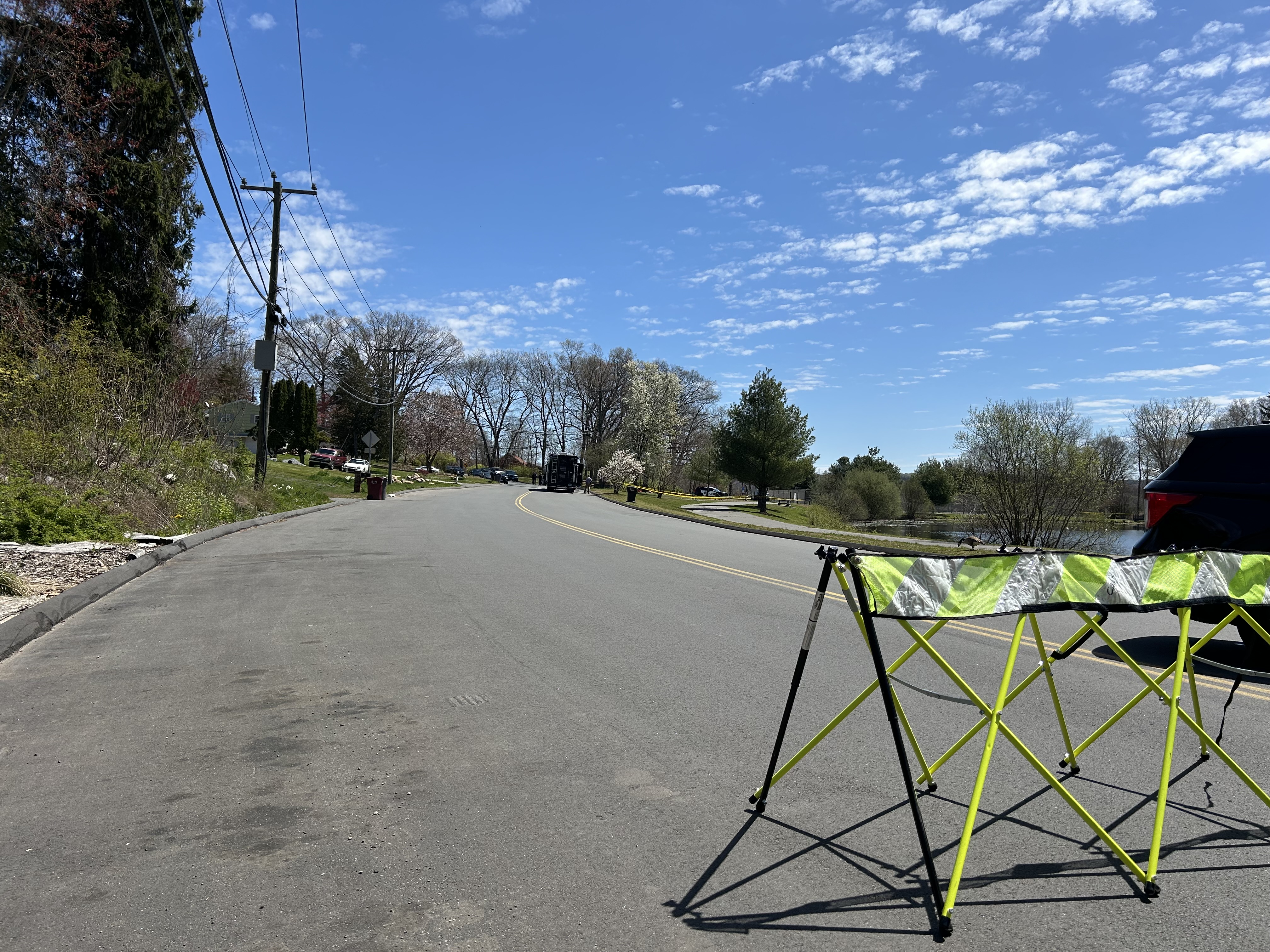Veterans, active duty and military families are nearly 40% more likely to lose money to scams and fraud, according to AARP.
Troy Broussard, an Army Desert Storm veteran and senior advisor of AARP’s Veteran and Military Families Initiative, says scammers are focused on our nation’s heroes because they have access to things civilians don’t like VA benefits and sometimes pensions. These are targets for bad actors.
“First of all these scammers, and that’s what they are, I want to make sure that we put light to them being scammers and not veterans being the victims. But the scammers are really focused on veteran and military families because of the opportunities they see. There’s more opportunities than civilian life,” Broussard said.
So, here are some things AARP says to look out for:
Get Connecticut local news, weather forecasts and entertainment stories to your inbox. Sign up for NBC Connecticut newsletters.
The VA will not contact you out of the blue, so don’t update or provide your social security number or other personal information from a call or email you receive.
Any unsolicited offer to maximize your VA benefits is likely a scam, too.
Veterans will never have to pay for their own service records. If you’re told otherwise, it’s a scam.
AARP has 38 million members. Six million of them are veterans, so they want to make sure they are protected.
AARP’s Veteran and Military Families Initiative provides free educational resources and even has a veteran fraud center where you can look up scams in your area and learn ways to fight back.
AARP of CT is hosting an online educational event on this topic this Tuesday, Nov. 15 at 11 a.m.
And even if you aren’t in the military, everyone should watch out for fake service-related charities: criminals lining their own pockets by appealing to helping those who serve.
Do your research before you give.



